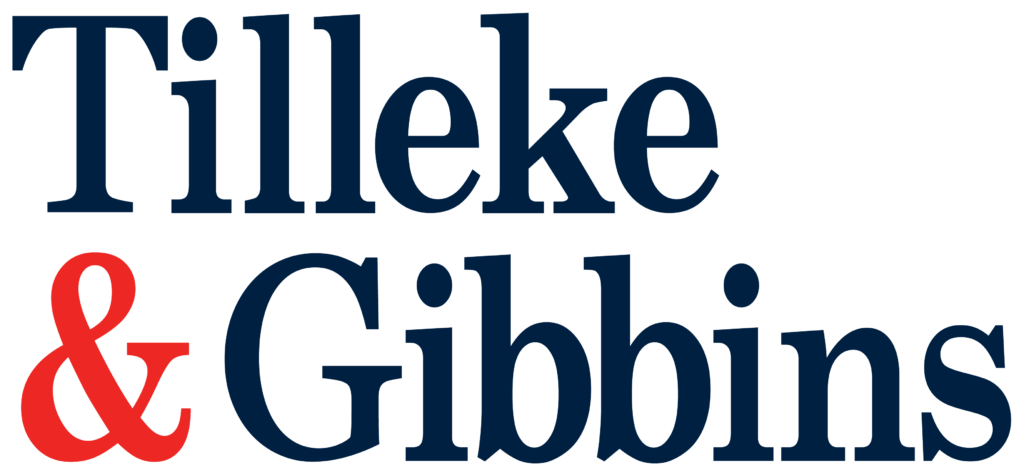Thailand’s Trade Competition Commission has amended the guidelines prohibiting large purchasers from setting unfair credit terms for small and medium-sized enterprises (SMEs). The new guidelines, which were published in the Government Gazette on August 17, 2022, revise the definition of SMEs and clarify the duties of concerned parties.
The original guidelines, which took effect in December 2021, set a favorable maximum period for credit terms for SMEs selling products or services to a third-party purchaser. Prescribing longer credit terms than the mandatory period would constitute an unfair trade practice in violation of the Trade Competition Act B.E. 2560 (2017).
In defining what businesses are considered SMEs, the guidelines set thresholds for the number of employees and amount of annual turnover. The amended guidelines maintain these thresholds, but the new guidelines require that both employee-number and turnover thresholds be met in order for a business to be considered an SME. In contrast, the original guidelines only required either the employee-number threshold or the turnover threshold to be met. This amendment will likely mean that fewer business operators qualify as SMEs.
Accordingly, two types of businesses are defined as SMEs under the guidelines:
- Manufacturers of goods with up to 200 employees and an annual turnover of no more than THB 500 million (approximately USD 13.5 million); or
- Service providers or wholesale or retail businesses with up to 100 employees and an annual turnover of no more than THB 300 million (approximately USD 8.1 million).
To benefit from protection under the new guidelines against unfair credit terms, SMEs must provide documents proving the number of employees and the amount of annual turnover to trade partners that purchase goods or services from them.
The new guidelines come into force on September 16, 2022.







